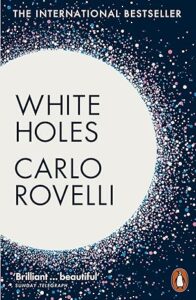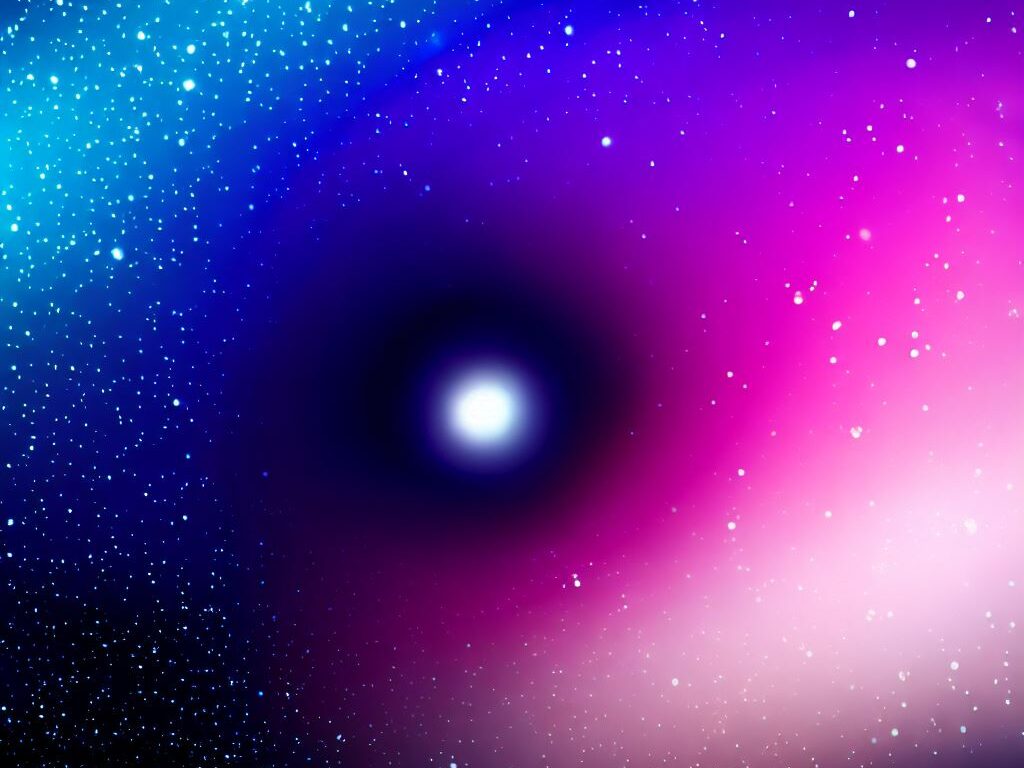What books are you reading? What would you recommend? Rye News has been asking for book reviews from local people. Here’s Phil Mullane’s suggestion – White Holes by Carlo Rovelli. What’s yours?
My reading choices have rarely included scientific texts. When attempting to delve into such matters I soon accepted defeat in the face of complex mathematical equations and abstruse scientific jargon. At school and beyond I opted for the humanities, not science. I read Blake rather than Newton, Hardy rather than Einstein and, in the main, continued reading literary texts. Until I discovered Carlo Rovelli.
Rovelli is a serious and highly respected scientist working in the field of quantum gravity. White Holes is one of his more popular and accessible science books. Rovelli says that his book is his “song to white holes”. Although he writes about complex and challenging scientific ideas there is both a lyricism and a joy in his writing. The novelist Alan Garner has called him “the poet of physics. His sense of wonder obliterates the barrier between science and the arts.”
Who’d have thought that science and poetry could be happily married? At long last I had
found a sympathetic guide into the realms of time and space, matter and energy, particles and fields. Rovelli takes us to places where time is reversed, where stars collapse and black holes can be as immense as the orbit of our moon around the sun.

The journey with Rovelli into deep space involves intellectual as well as physical travel.
Quotations from Dante’s Divine Comedy illuminate the science and confirm the writer’s love of literature. He speaks of “the uselessness of certainty” since the foundation of science is to keep the door open to doubt.
He speculates on a possible correlation between the black hole / white hole phenomenon and the Big Bang. Will there come a point when our expanding universe will go into reverse and begin contracting to an infinitesimally small mass such as existed nearly 14 billion years ago?
He tells us that to discover a white hole we must first traverse the horizon of a black hole. However, rather than attempt an amateurish explanation of the wonder that is a white hole I recommend reading this awe-inspiring book to learn it from the man himself.
Rovelli, the poetic scientist, writes about microscopically tiny white holes as specks of dust that “float lightly throughout the universe, like dragonflies”. In the words of William Blake, Rovelli helps us to “see a world in a grain of sand” and to feel that, as you turn the pages of White Holes, you “hold infinity in the palm of your hand”.
Fancy suggesting a book to Rye News readers? Email info@ryenews.org.uk.
Image Credits: Future Render http://CC .



